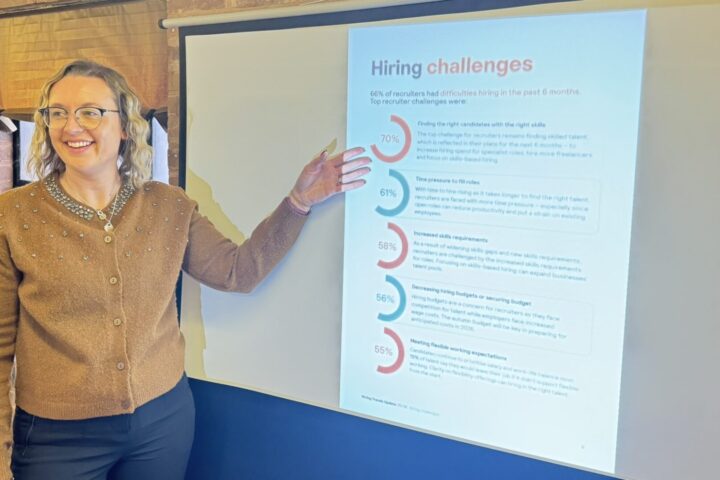Chancellor Rachel Reeves has maintained the State Pension Triple Lock for the duration of this Parliament, announced in the Autumn Budget yesterday (30th October).
The State Pension will increase by 4.1% in 2025-26, in line with earnings growth, meaning more than 12 million pensioners will receive up to £470 per year.
In the Autumn Budget, Reeves also revealed that the new state pension will increase to £230.30 a week and the old state pension will go up to £176.45 a week.
Reaction:
Helen Morrissey, head of retirement analysis at Hargreaves Lansdown:
“There was good news for pensioners who can look forward to a 4.1% increase in their state pension from next year.
“However, the rise will be largely wiped out by the government’s decision to restrict the Winter Fuel payment to pensioners on Pension Credit.
“With fuel bills on the rise, the loss of up to £300 will be sorely felt and many face a tough winter ahead.
“The Chancellor’s decision not to tinker with tax free cash has been greeted with a huge sigh of relief.
“This is a hugely popular part of the pensions system and any move to reduce it would have severely undermined people’s trust.
“The absence of any changes to tax relief will also be welcomed by higher and additional rate taxpayers, who were worried about having this this important government top up reduced.”
Tom Selby, director of public policy at AJ Bell:
“The tax treatment of pensions on death always looked generous in the context of the parlous fiscal position the UK finds itself in.
“However, by announcing plans to bring inherited pensions into the IHT net, the chancellor runs the risk of being accused of hitting beneficiaries with a new ‘death tax’.
“As is often the case with pensions, applying any new tax on death will come with substantial challenges, which is why the changes aren’t being brought in until 2027.
“A major obstacle centres around how to treat people who have made decisions about their retirement pot based on the pensions death tax rules as they are today.
“There will, for example, be people who chose to transfer defined benefit pensions into a defined contribution scheme in part because they wanted to prioritise passing money on tax efficiently to loved ones.
“Anyone who made larger contributions into their defined contribution pension to make the most of the existing rules will also now be wondering what could happen to their pot when they die.
“If all of a sudden that money became subject to a new pensions death tax, those people would, understandably, feel like the rug had been pulled from under them.
“Needless to say, however this change is implemented, pension savers will be facing some complex decisions in the next few years, highlighting the importance of regulated financial advice for anyone factoring pensions into their estate planning.”
“While it is positive news for savers that pension tax relief and tax-free cash have been left untouched at the Budget, the chancellor’s failure to commit to a Pensions Tax Lock means there is every chance instability will rear its ugly head again before next year’s fiscal event.
“We have seen in recent months just how destabilising this speculation can be for people, with both contributions to pensions and the number of people accessing their tax-free cash increasing markedly ahead of the Budget.
“When it comes to tax-free cash, in particular, any decision to take your money could be irreversible and could result in people losing out in the long term.
“Given the significant commitment people make when they contribute to a pension, the least they should expect in return is that the goalposts won’t be moved once they have made that decision.
“A Pensions Tax Lock would help engender greater trust in pensions, giving people more confidence to save for retirement and in the process increasing the amount of money invested for the long term, including in UK Plc.”

















